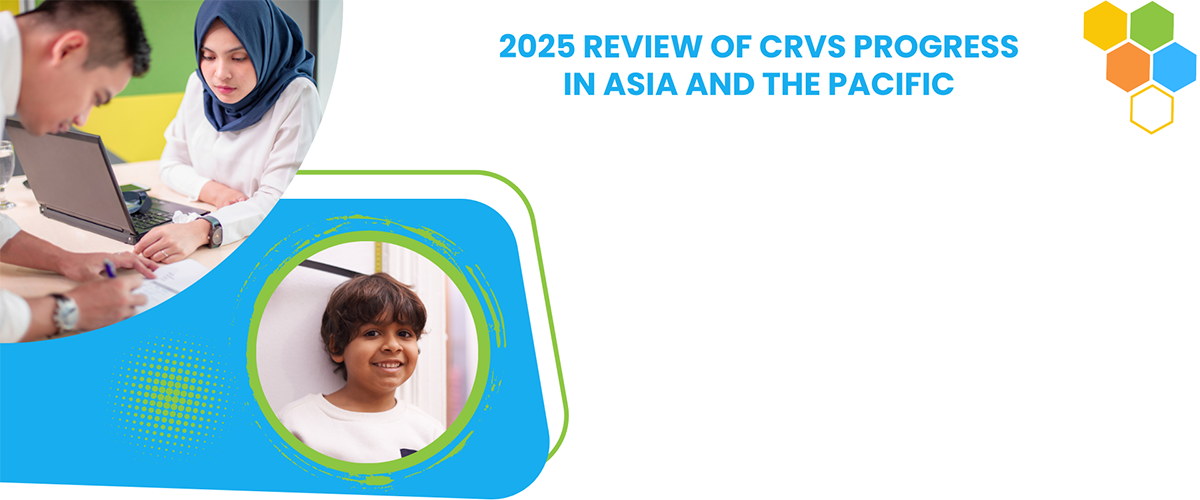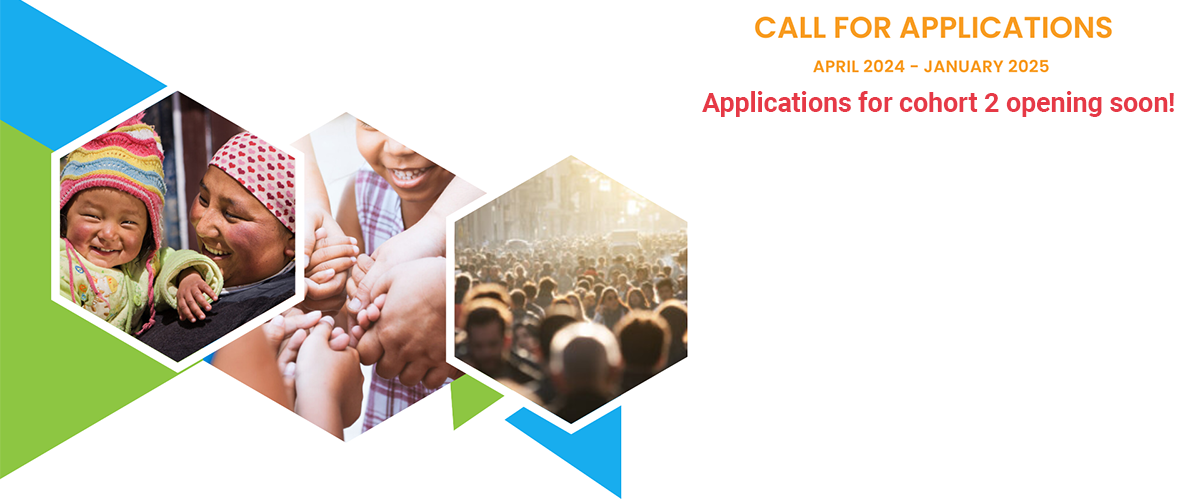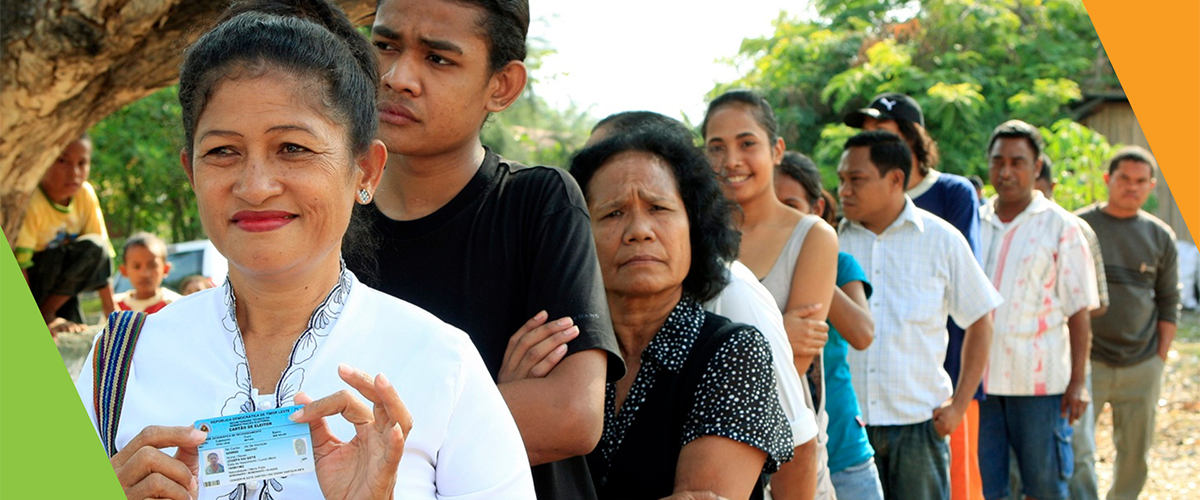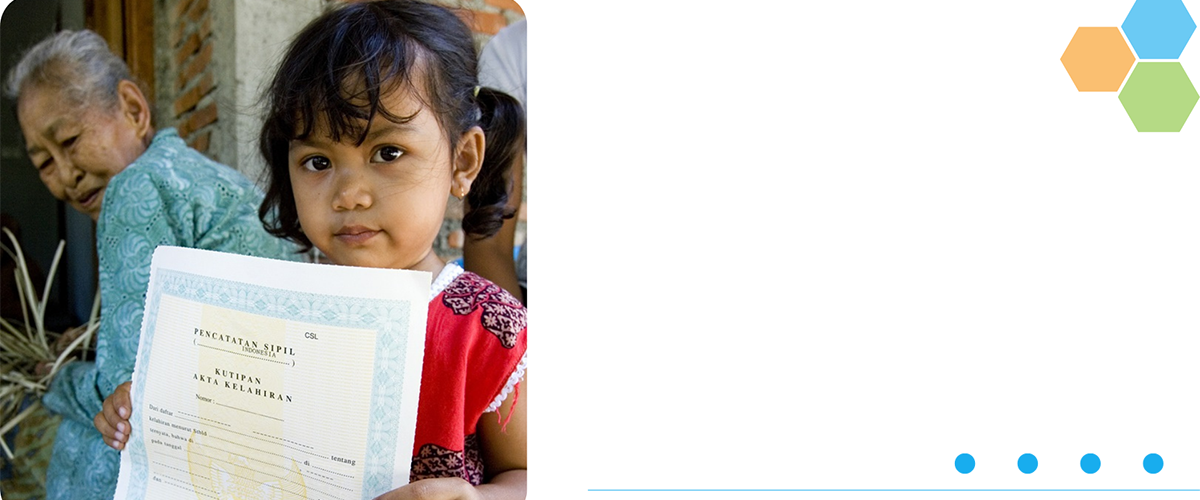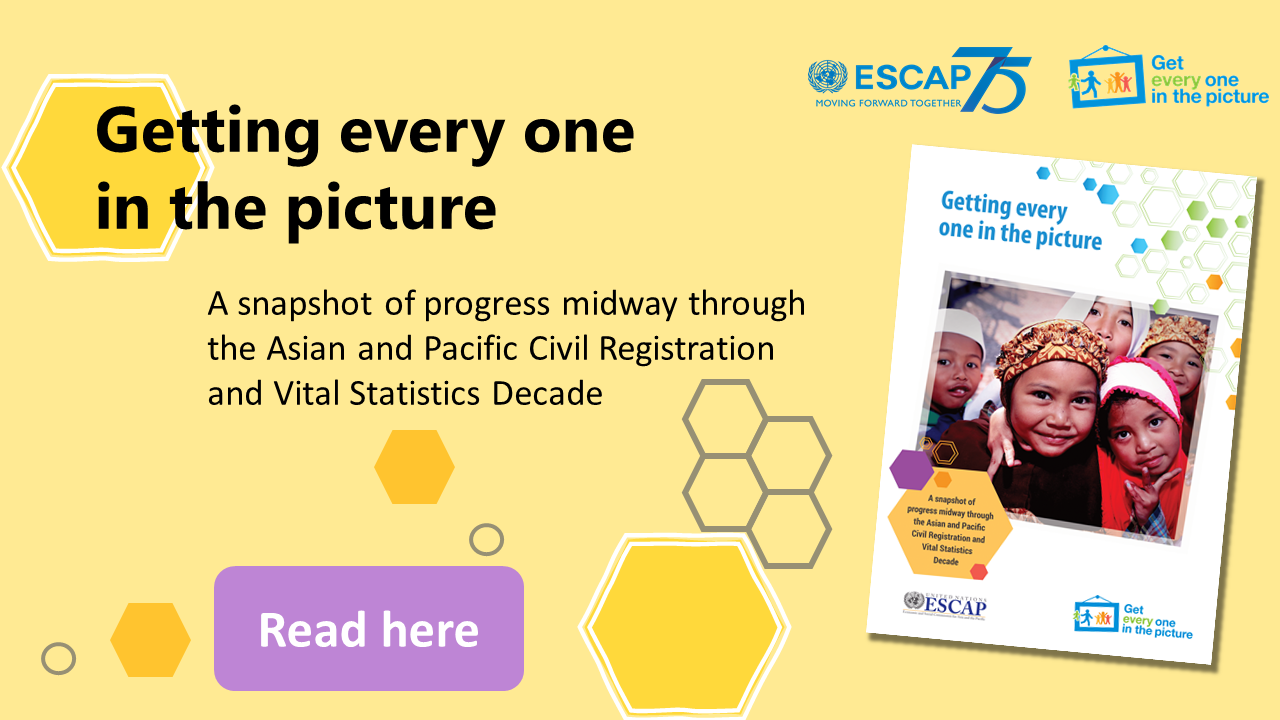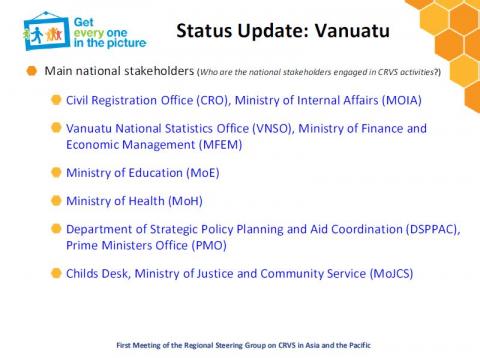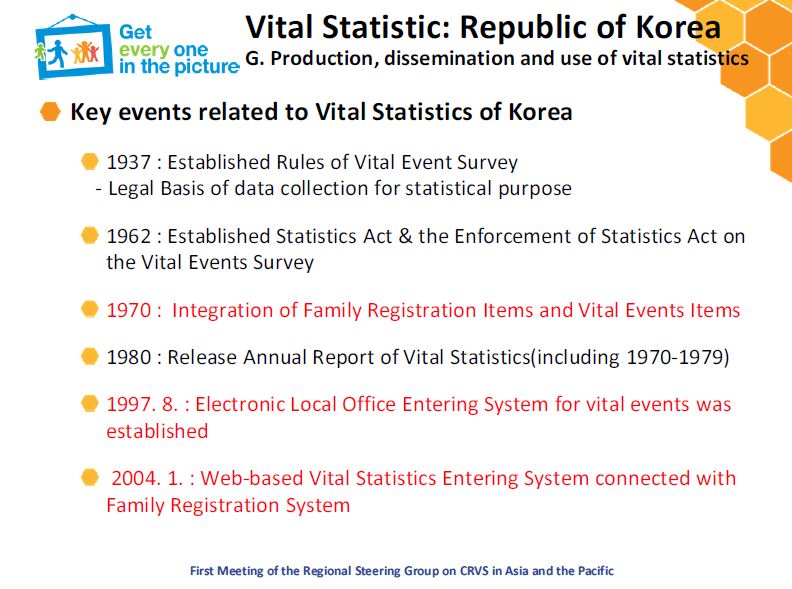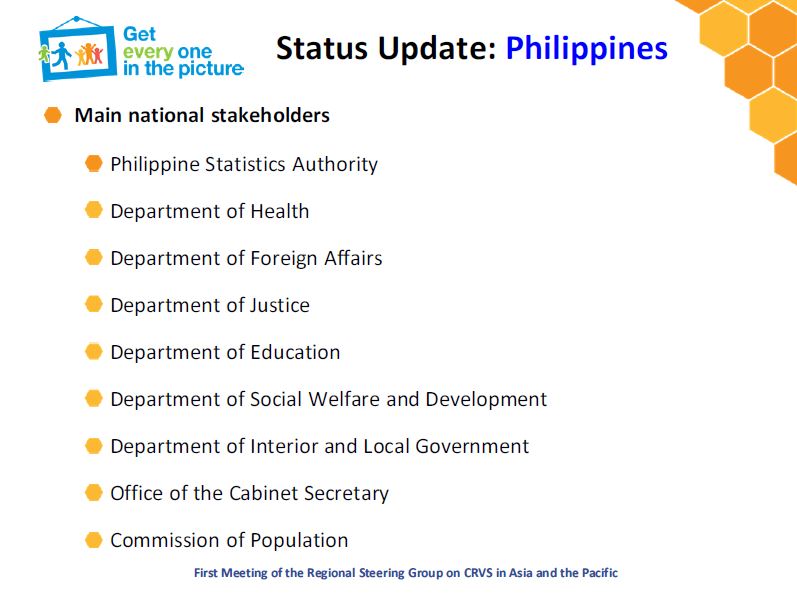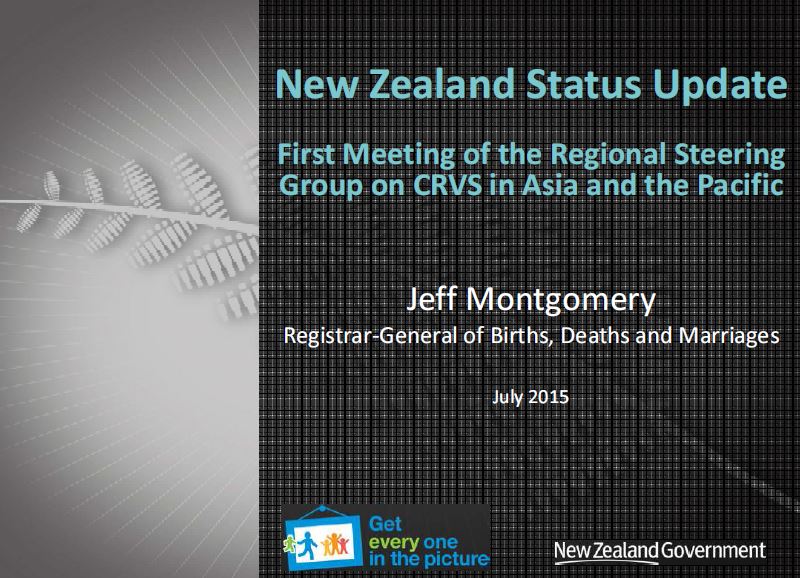CRVS Insight March 2017
Articles
- New Chair of the Regional Steering Group on CRVS in Asia and the Pacific
- Reporting on baselines and national targets for the Regional Action Framework
- First meeting of the CRVS coordination mechanism in the Maldives
- The first vital statistics reports based on civil registration data are almost finalized in several Asian countries
Events


